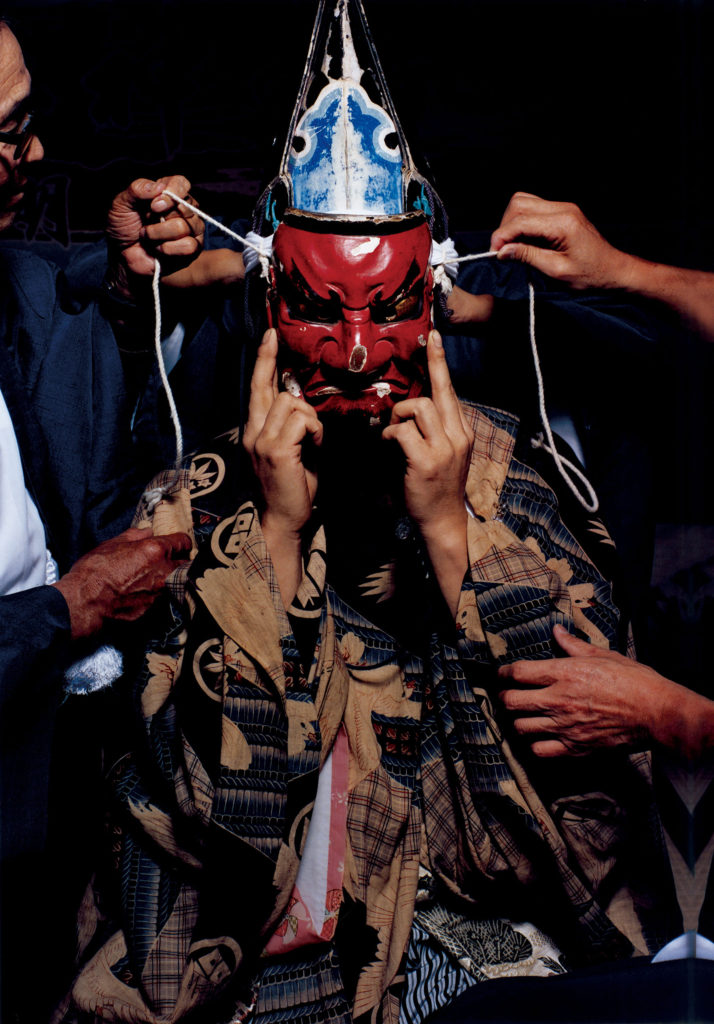Performance
Opening Stage
Festival Kickoff Starts Now! Join Us!
Date
Sat, February 9 11:00-12:00
Venue
Eastpia Miyako (1-1-30 Miyamachi, Miyako, Iwate)
Miyako
We’ll kick off the festival with the opening at the new city hall, Eastpia Miyako, offer Geinoh workshops in the snowy former Kawai village, and present Geinoh performances at Miyako Public Hall. Host Geinoh exchanges at the “Azumaya” which is a tangible cultural property of of Japan, and a Geinoh tour by Sanriku Railway. Over the three days, you’ll hear stories about the local area and the Geinoh that inhabits the everyday.
Performance
Opening Stage
Festival Kickoff Starts Now! Join Us!
Date
Sat, February 9 11:00-12:00
Venue
Eastpia Miyako (1-1-30 Miyamachi, Miyako, Iwate)
Performance
Landscape with Dance│Projection
Check Out the New Dance from Miyako!
Date
Sat, February 9 11:00-15:00
Venue
Eastpia Miyako (1-1-30 Miya-machi, Miyako, Iwate)
Workshop
See and Learn Sanriku Geinoh -Makkaku Kagura-
Learn Kagura in Oguni Village, the Deep Snow Village!
Date
Sat, February 9 13:00-19:00
Venue
Former Oguni Branch Office (Meeting at Miyako Station. It takes 50 minutes by bus.)
Performance
Miyako Performing Arts Festival – Kyodo Geinoh –
Enjoy Performances by 6 Geinoh Groups in Miyako!
Date
Sun, February 10 13:00-16:00
Venue
Miyako Public Hall (2-22 Sokeiki, Miyako, Iwate)
Performance, Gathering
Isabayojo
A Film, Geinoh and Foods in a Historic Building
Date
Sun, February 10 17:00-22:00
Venue
Cinema de Aeru (2 Motomachi, Miyako, Iwate)
Performance
Sanriku Geinoh Trains
Let's Go and See Geinoh by Santetsu!
Date
Mon, February 11 11:45-17:45
Venue
Sanriku Railway Miyako Station (Meeting at Miyako Station)
・Sanriku International Arts Festival Office|TEL +81-192-22-9830 MAIL sanfes@sanfes.com Reception Hours 10:00–18:00 (weekday)
・WEB|https://sanfes.peatix.com
・Sanriku International Arts Festival Office|TEL +81-192-22-9830 Reception Hours 10:00–18:00 (weekday)

Former Oguni Village.
A village deep in the mountains that was once a major center for forestry and a crossroads from all parts of Iwate.
The villagers call it the center of Iwate.
Makkaku Kagura has been passed down here for more than 200 years.
Although their masks are damaged, faded and broken, they still use ones that have been passed down from the beginning.
The members say that if they were to repaint the masks so they are shiny and new looking, something would feel wrong.
They are very particular about their masks.
Since their work and their lives are linked to the mountains, and they have lived among the trees for so long, it feels natural that the wood would start to show through.
The masks contain the sweat of 200 years.
Dancers cannot put the masks on themselves; the elders must put the masks on the dancers’ faces.